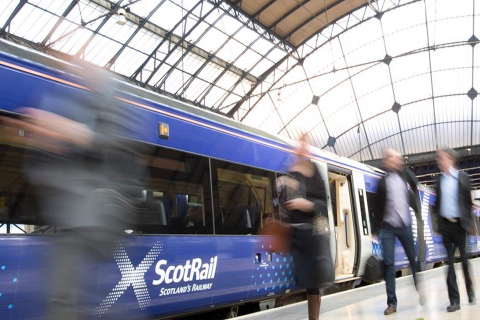More political will, industry awareness and coordination required for climate adaptation

While the railway companies, operators, infrastructure managers and stakeholders are doing their part in combatting climate change and adapting to extreme weather, the combined effort falls short of what is required. Furthermore, the level of awareness does not necessarily translate to the same sense of urgency, a panel at RailTech Europe 2022 found.
Want to read more?
You have read all of your free premium articles for this month. Please become a subscriber to keep reading.
Subscribe now!
Take advantage of our exclusive offer to get full access to all premium content.






“Part” of railways, primarily however, is being the device, the robust and resilient, for nearness.
(Now, with Greta etc, all are “green”… The global devices, by air and by sea, even the on road device, “electrifies”, etc., etc.)
By Industry, high quality service rendered, at current “On Demand” supply chains, handsomely is rewarded, etc. Quality pays!
(Frankly, currently, “political will” is not the “bottleneck”, but evidently something is..) “Back to basics” remains!